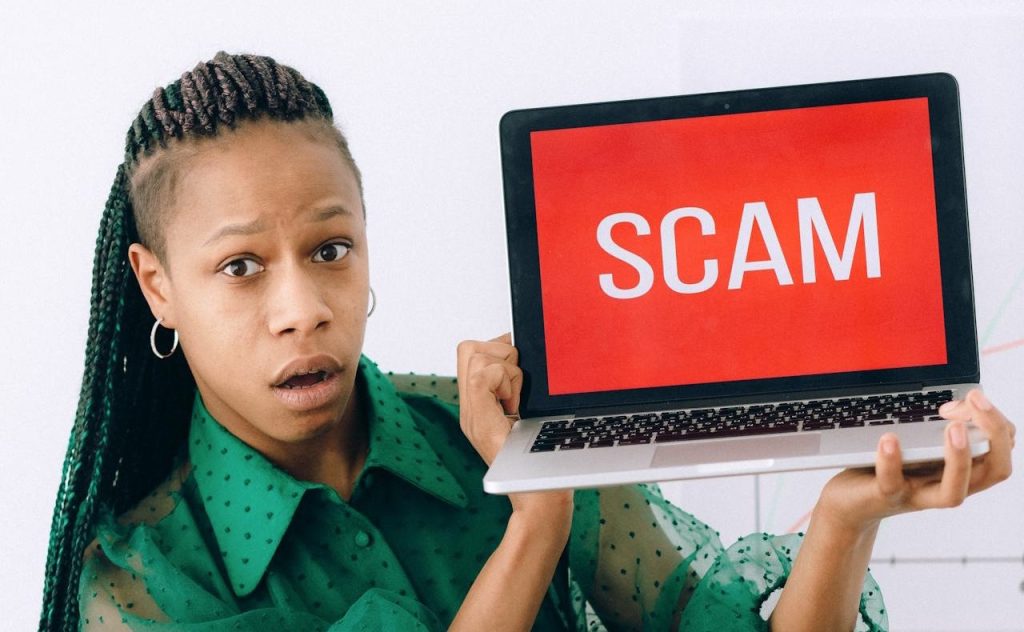In an age where digital content is king, content creators wield significant power in shaping trends and consumer behaviors. Brands recognize this influence and often seek partnerships to expand their reach.
 However, the rise of influencer marketing has also given birth to various sponsorship scams. Sponsorship scams are sent daily to content creators via email, SMS, direct message (DM), or even phone calls. These fraudulent schemes exploit content creators’ willingness for collaborations, resulting in financial loss, damaged reputations, and wasted efforts.
However, the rise of influencer marketing has also given birth to various sponsorship scams. Sponsorship scams are sent daily to content creators via email, SMS, direct message (DM), or even phone calls. These fraudulent schemes exploit content creators’ willingness for collaborations, resulting in financial loss, damaged reputations, and wasted efforts.
Here’s what you need to know to protect yourself from sponsorship scams:
Types of Sponsorship Scams
Tactics Used by Scammers
Avoiding Sponsorship Scams
Stay vigilant, protect your online presence, and think twice before saying yes to a suspicious deal – it could ruin everything you’ve built. Your reputation is worth more than a scammer’s offer. With Bitdefender Security for Creators by your side, you can safeguard your YouTube account and devices against a wide range of digital threats.